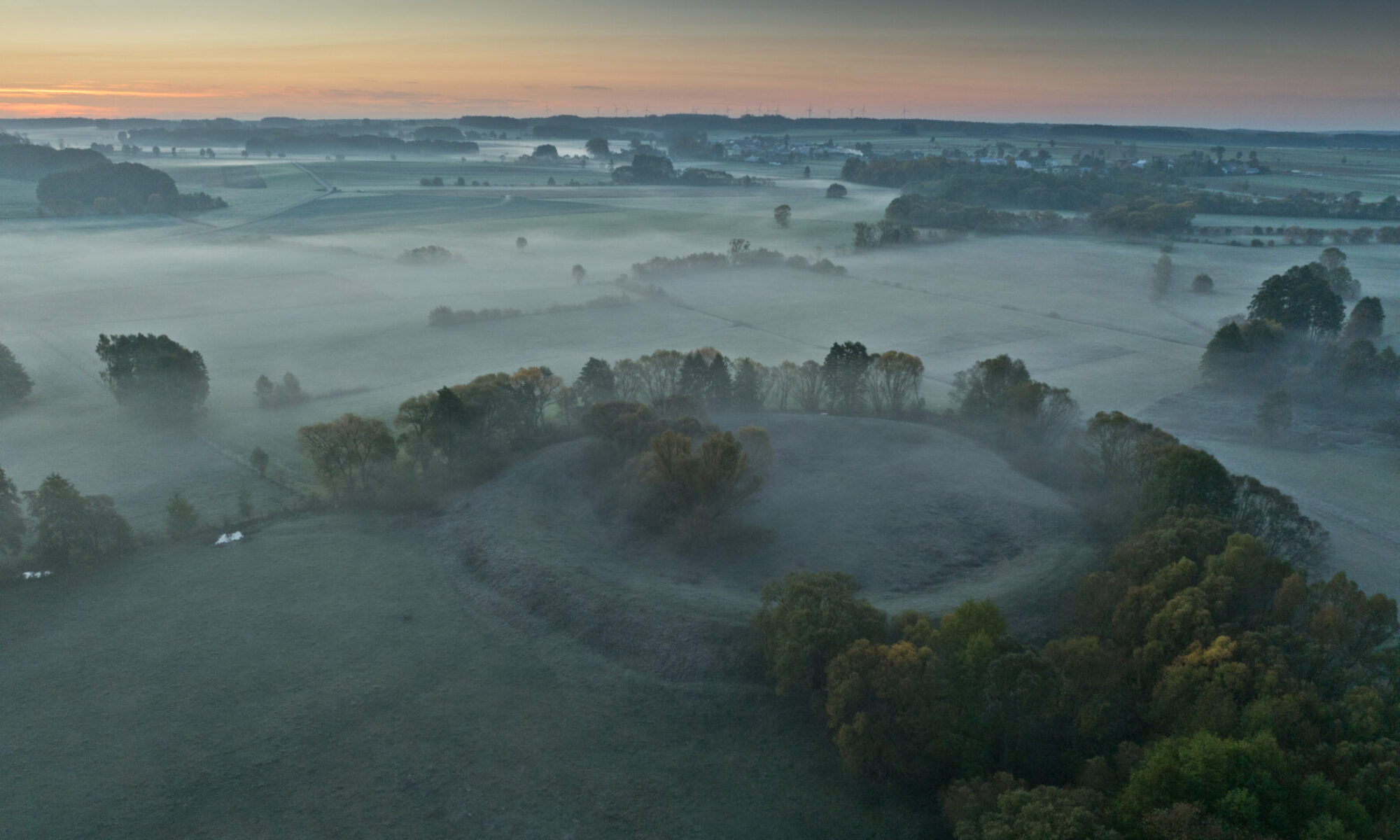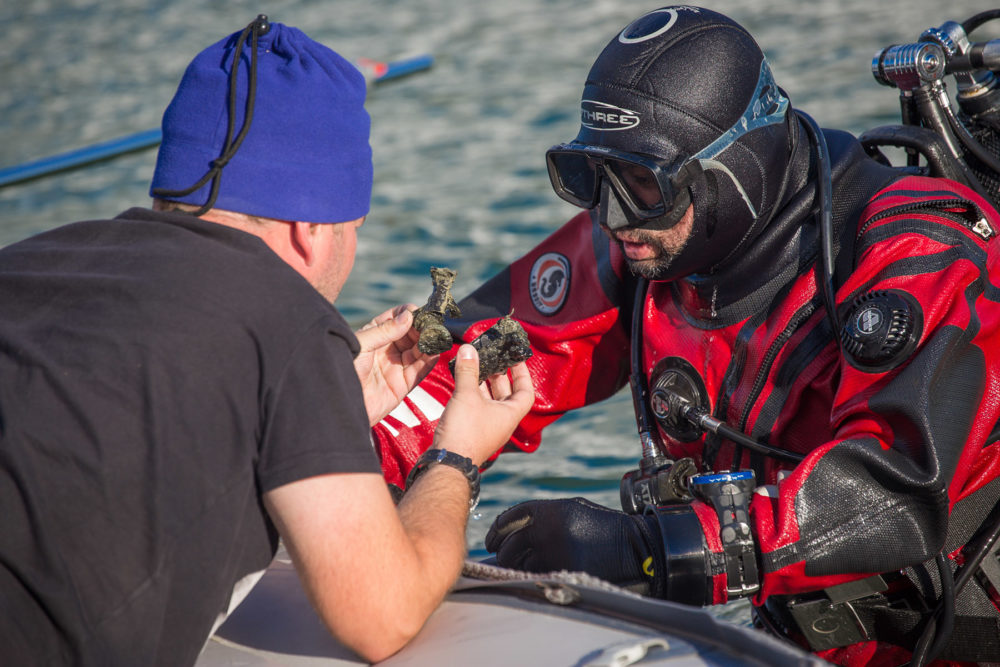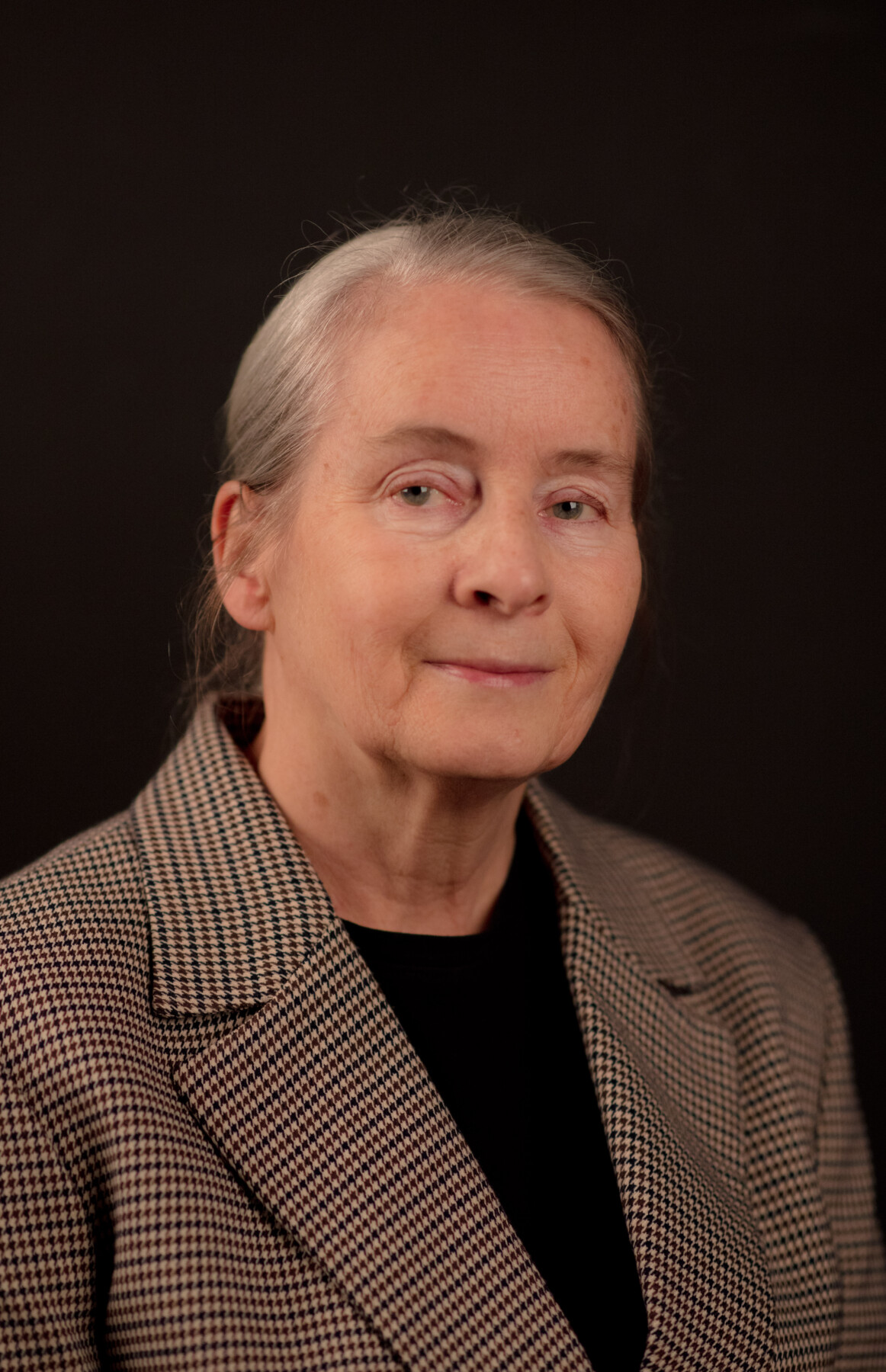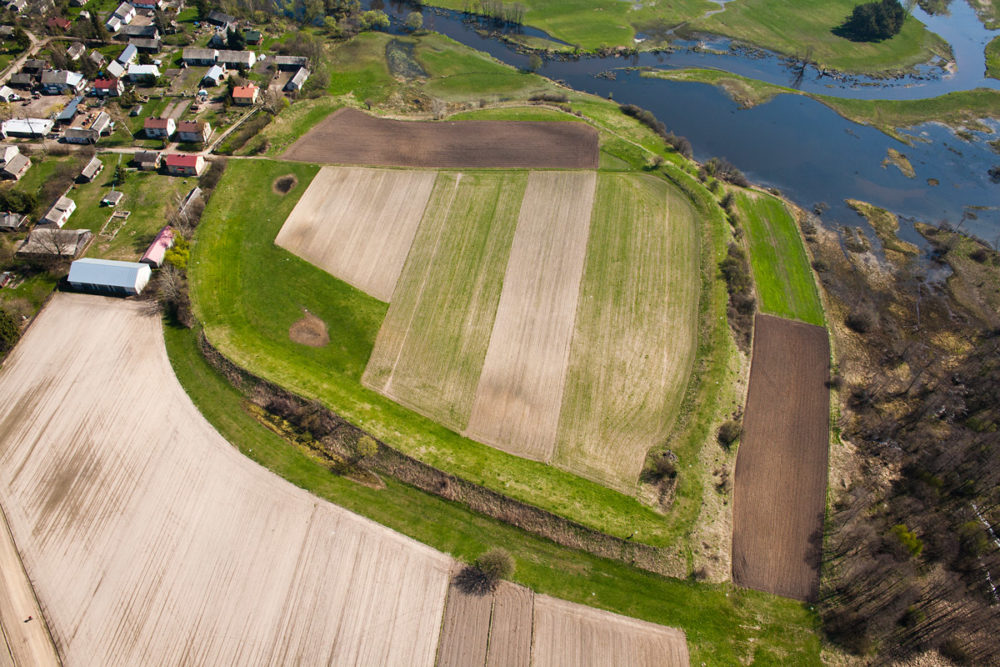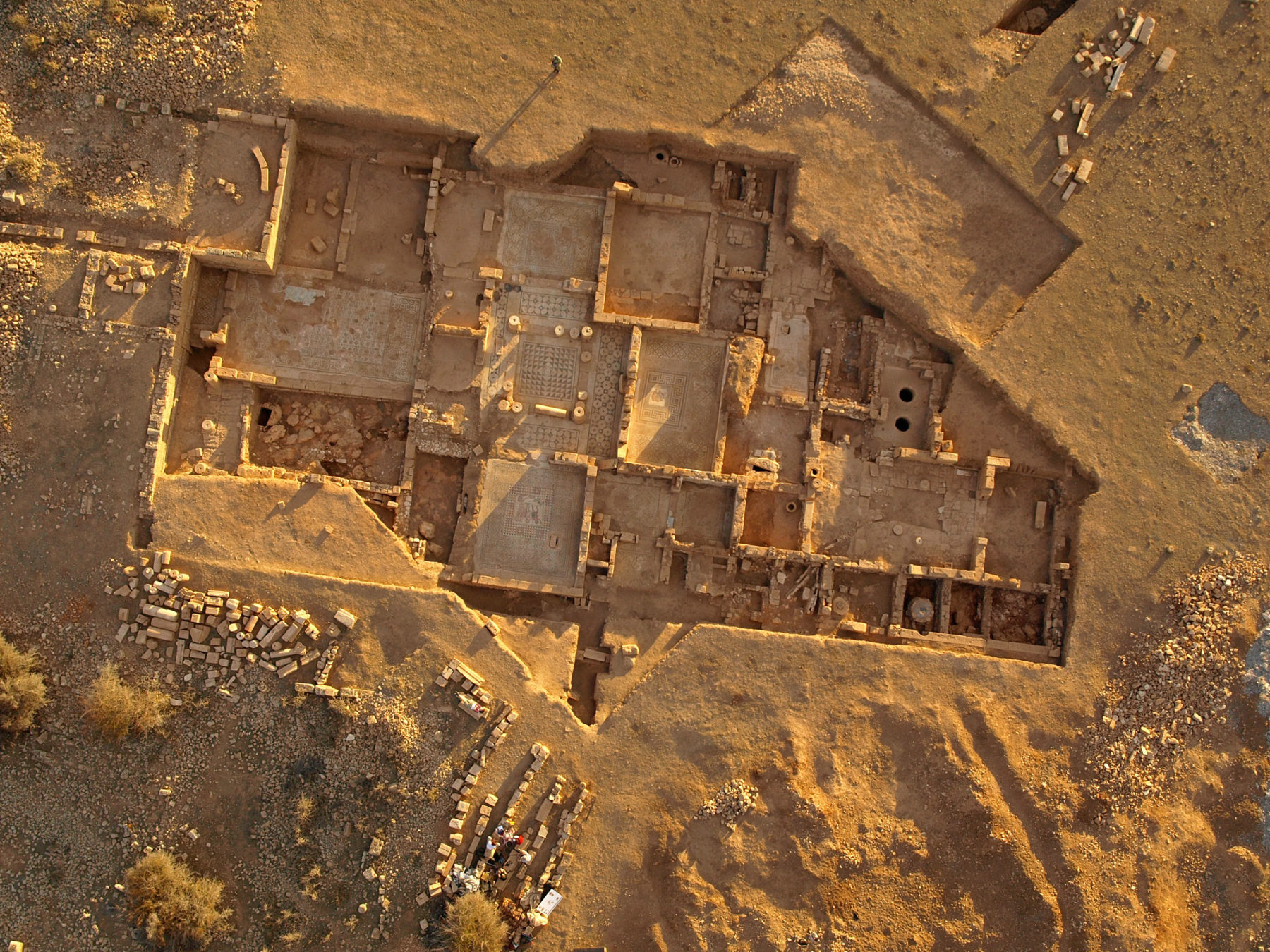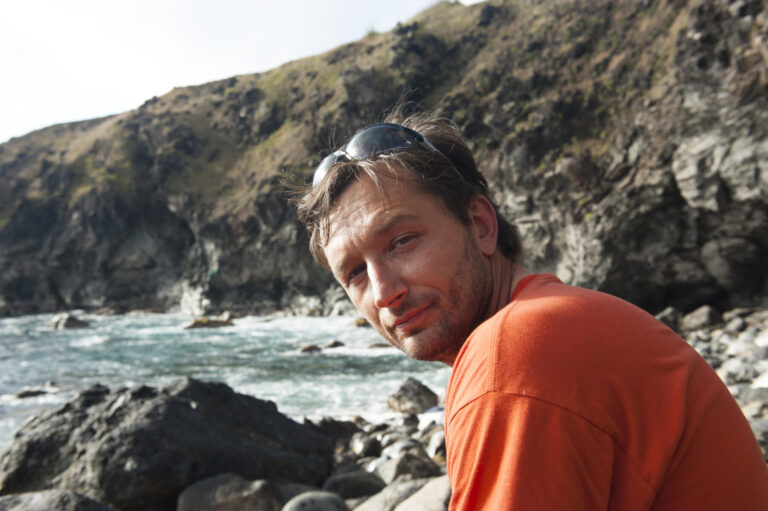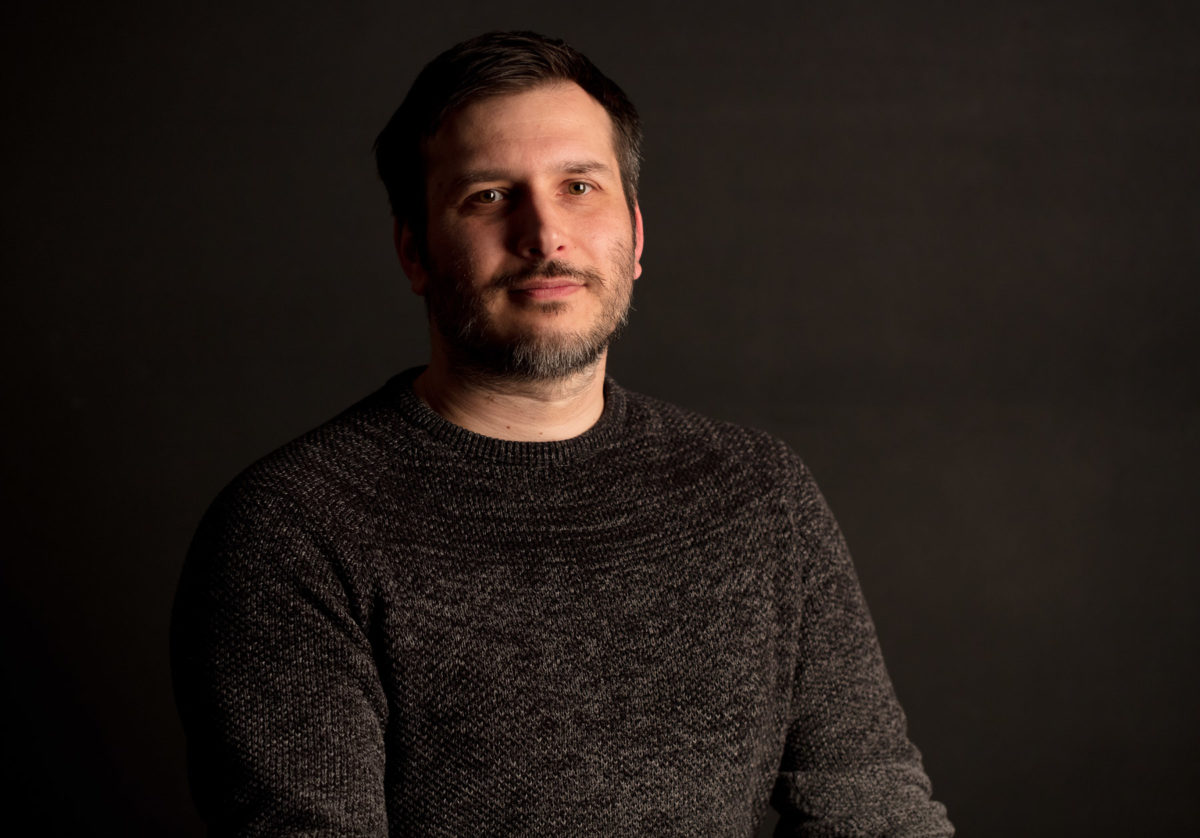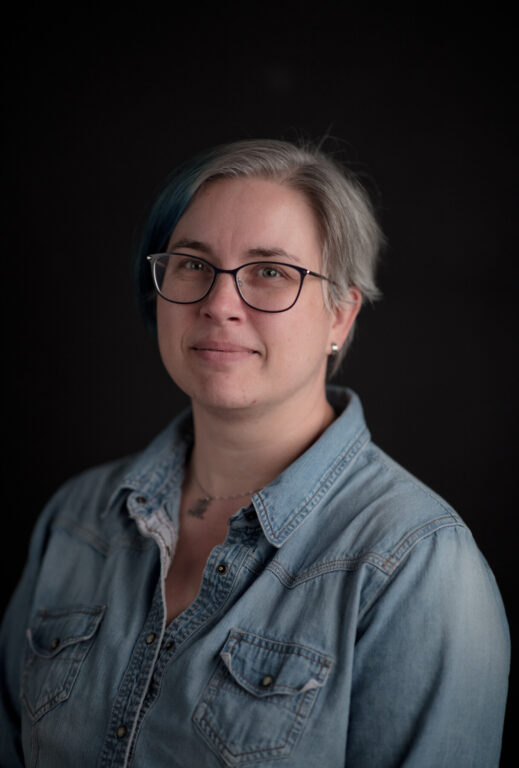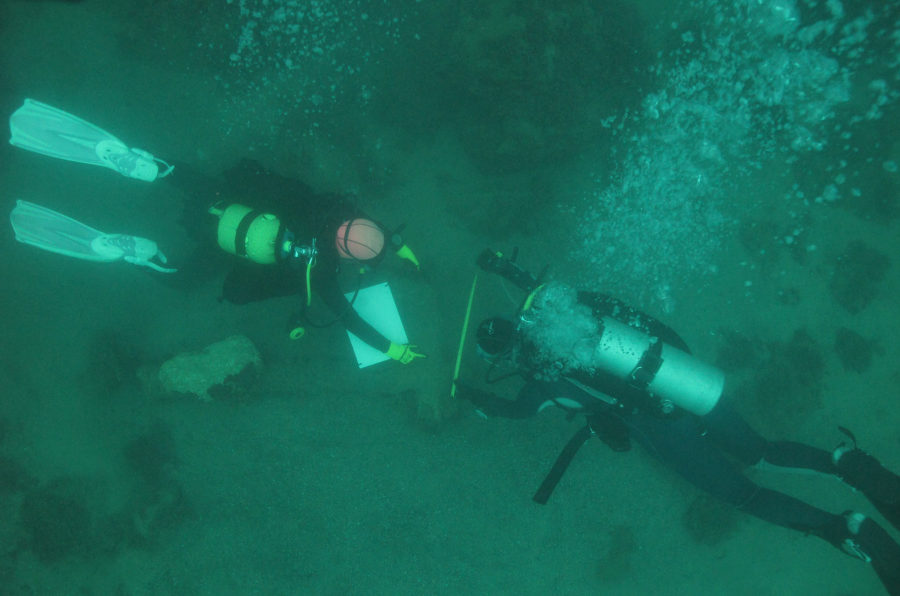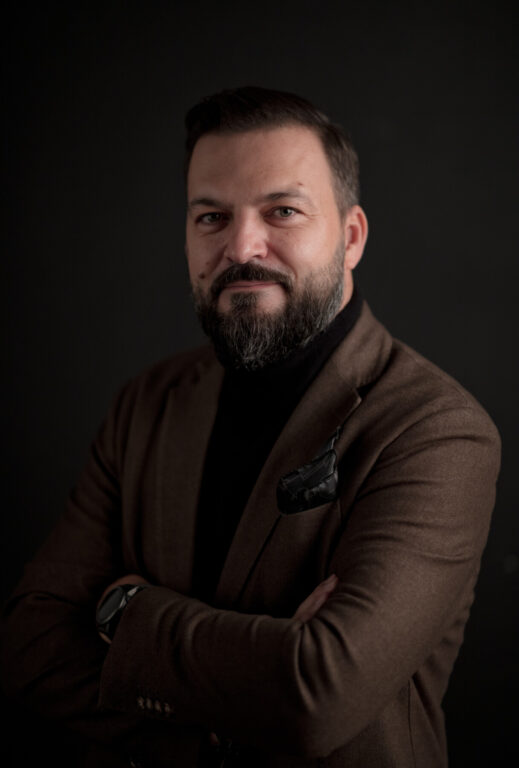
dr hab. Miłosz Giersz, prof. ucz.
Department of Archaeology of the Americas
e-mail:
mgiersz@uw.edu.pl
phone number:
+48 22 55 22 823
duty hours:
Monday 11.30–13.00, room 3.23
research interests:
South American archaeology, funeral Archaeology, pre-Columbian material culture, archaeometry, public archaeology, anthropological archaeology
bibliography:
Academia.edu
Polish archaeologist, the University of Warsaw graduate. For his PhD dissertation, defended in 2007, he was awarded The Prime Minister’s of Republic of Poland Award, as well as the Ignacio Domeyko Award for the best Latin-American PhD, founded by the Polish Society for Latin American Studies. Since 2002 he has co-directed two consecutive Polish-Peruvian archaeological projects in the northwestern Peru: the Valle de Culebras Archaeological Project, and the Castillo de Huarmey Archaeological Project. During the latter, he led the team that excavated a pre-Columbian royal mausoleum at Castillo de Huarmey with the first unlooted royal tomb of the queens of Wari, an ancient civilization of South America predating the Inca empire (ca. 600 – 1050 AD). This sensational discovery was voted as one of the Top 10 Discoveries by the Archaeological Institute of America in 2013, and enjoyed wide coverage by the National Geographic Magazine, both its International (June 2014) and worldwide editions (June-August 2014), for many of which it was chosen as the cover story. He has been awarded with the “Zostańcie z nami!” [Stay with us!] scholarship for outstanding young researchers, founded by the biggest Polish weekly magazine Polityka (VIII Edition, 2007), a TRAVELER 2013 National Geographic Award for the most important Polish scientific achievement of the year (2013), and the Knight’s Cross of the Order of Merit of the Republic of Poland (2015) and the Commander’s Cross of the Order of Merit of the Republic of Peru (2018), for the achievements in the field of science and outstanding contributions in the cooperation between the Republic of Poland and the Republic of Peru. Dr. Giersz is widely recognized as an expert on the Andean and South American archaeology. He is a member of many societies connected with his profession, including The Explorers Club and the Society for American Archaeology. He acts as the President of Polish Society for Latin American Studies. He is also the author of many books and articles on archaeology and art of the pre-Hispanic Latin American cultures. His previous and current research projects were financially supported by many polish and foreign institutions, including of the Ministry of Science and Higher Education of the Republic of Poland, the National Science Center, the Foundation for Polish Science, the Expeditions Council of the National Geographic Society, the Global Exploration Fund and the National Geographic Society Waitt Grants Program, as well as the ANTAMINA mining company. He also organised (as curator or co-organizer) diverse museum and poster exhibitions in Poland and abroad, including the exhibition Castillo de Huarmey. El Mausoleo Imperial Wari organised at the Museo de Arte (Museum of Art) in Lima in 2014, and Skarby Peru. Królewski grobowiec w Castillo de Huarmey at the State Ethnographic Museum in Warsaw (December 2017 – May 2018). This last one was the first museum exhibition in Poland of original pre-Columbian artefacts brought from Peru. It was also Europe’s first opportunity to see the unique artefacts discovered at Castillo de Huarmey archaeological site.
